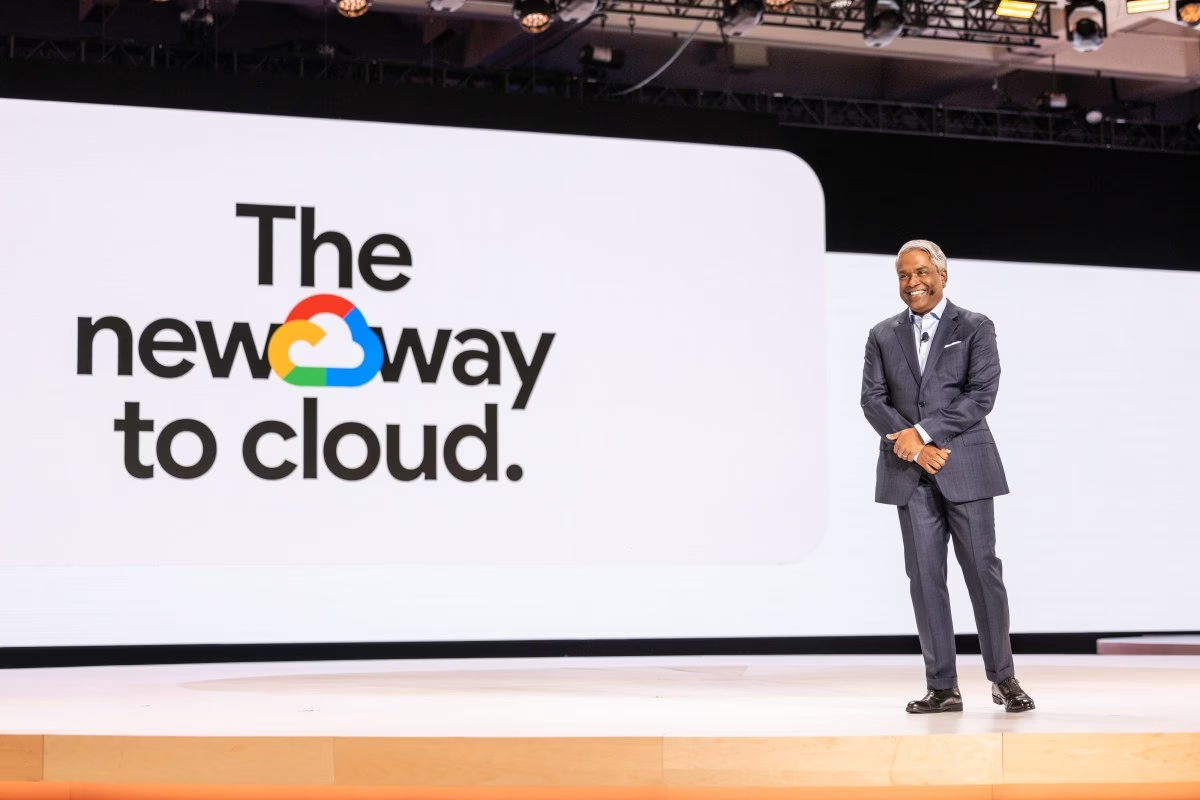Introduction
In an ongoing effort to create safer online environments for young users, Meta has announced the expansion of its Teen Accounts to Facebook and Messenger. Initially launched on Instagram last September, Teen Accounts are designed to automatically enroll young users into experiences with built-in protections. This move underscores growing concerns over teen safety on social media, a topic that has gained increased scrutiny from lawmakers, mental health experts, and parents alike.
What Are Meta’s Teen Accounts?
Teen Accounts are specialized profiles that offer heightened privacy and safety measures for users under 16. These accounts are automatically set with restrictions that aim to reduce exposure to inappropriate content, limit unwanted interactions, and encourage healthier social media usage habits.
Originally launched on Instagram, Meta’s Teen Accounts were a response to mounting pressure after investigations revealed social platforms were not doing enough to protect young users from online harms.

Expanded Rollout: Facebook and Messenger
Now, Meta is expanding Teen Accounts to Facebook and Messenger users in the U.S., U.K., Australia, and Canada, with plans to roll out globally in the near future.
When young users create accounts on these platforms, they will automatically be placed in an environment tailored to minimize risks. Importantly, teens under 16 will require parental permission to change any default safety settings—an extra layer of protection aimed at involving families in digital well-being.
“Our goal is to make sure teens have a safer, age-appropriate experience across all our apps.” — Meta spokesperson (via TechCrunch)
Key Features and Protections for Teens
Limited Messaging and Interactions
A significant part of the Teen Accounts strategy is reducing exposure to strangers. Teens will:
Only receive messages from people they follow or have messaged before.
Have their stories visible only to friends, who are also the only ones allowed to reply.
See limited tags, mentions, and comments—restricted to known contacts.
This model prioritizes trusted interactions, reducing the chances of harassment or exposure to harmful content.
Screen Time Reminders and Quiet Mode
Meta is also encouraging healthier app usage habits:
Teens will receive hourly reminders suggesting they take a break from the platform after one hour of use.
Automatic enrollment in Quiet Mode overnight to minimize nighttime disruptions, supporting better sleep hygiene.
These features align with broader recommendations from mental health experts who emphasize the importance of setting boundaries around screen time.
Additional Safeguards on Instagram
In addition to expanding protections across platforms, Meta is enhancing safeguards specifically on Instagram:
Teens under 16 cannot go live without parental approval.
Blurred image filters for suspected nudity in direct messages are now mandatory, and turning off this feature also requires parental consent.
These improvements aim to reduce exposure to explicit content and risky interactions, offering parents greater control over their teens’ digital experiences.

Addressing Broader Concerns About Teen Mental Health
The focus on teen safety is not accidental. Rising concerns, highlighted by reports from the U.S. Surgeon General and various state initiatives, have spurred stricter regulations around youth access to social media. Some states are even exploring laws that would prevent teens from joining social networks without explicit parental consent.
Meta’s changes show responsiveness to these concerns, aiming to align with best practices for safeguarding youth online.
Positive Early Results and Parental Feedback
Meta shared positive early results to reinforce the impact of Teen Accounts:
54 million teens have already been moved into Teen Accounts on Instagram.
97% of users aged 13-15 have kept the default protections active.
A study by Ipsos, commissioned by Meta, revealed that:
94% of parents believe Teen Accounts are beneficial.
85% feel they make it easier to support their teen’s positive social media use.
This feedback suggests the initiative is resonating with both users and guardians—a crucial factor for long-term success.
Why This Matters for Businesses and Marketers
For entrepreneurs, tech leaders, and marketers, these changes signal an important shift:
Targeting strategies must account for more limited access to teen audiences.
Brand engagement tactics should prioritize trust, authenticity, and safety.
Businesses must be aware of evolving compliance regulations related to marketing to minors.
Following platforms like Trenzest can help businesses stay ahead of these changes, offering expert insights and actionable strategies to thrive in a rapidly shifting digital environment.
Final Thoughts: A Step Towards Safer Digital Spaces
Meta’s expansion of Teen Accounts to Facebook and Messenger reflects a broader industry trend: prioritizing user well-being and reinforcing trust. While no system is perfect, these proactive measures offer a more protective environment for young users navigating social media.
At Trenzest, we believe understanding these developments is key to building smarter, more ethical digital strategies. Whether you’re a business owner, marketer, or tech enthusiast, staying informed helps you not only adapt but lead responsibly in the digital age.




